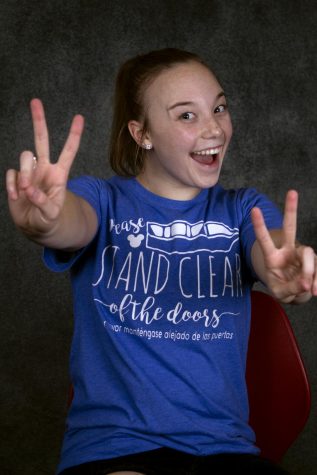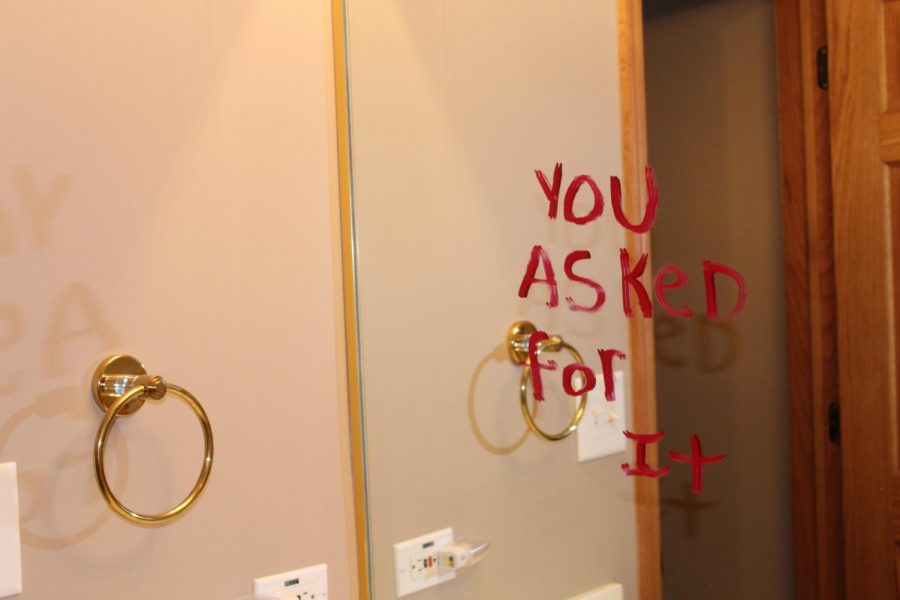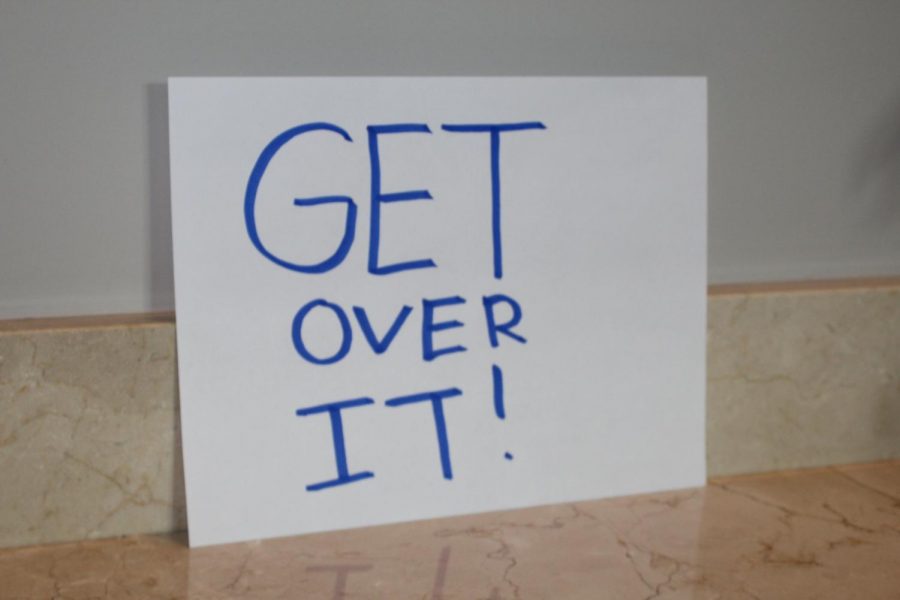Kavanaugh, #MeToo: Politics vs Media
The current state of politics causes nationwide attention.
As social media bleeds into politics, it becomes easier for information to spread like wildfire. Once an idea takes hold on social media, it causes heads to turn and assumptions to be made. Anyone from everyday citizens to those considered higher up in social class can be easily targeted and exposed for millions to witness, including those in the government.
One of the most prominent of these in current politics and media is that of the Kavanaugh hearing.
On September 14, United States Supreme Court candidate Brett Kavanaugh was accused of sexual assault by former female classmate, psychology professor Christine Blasey Ford, in the early 1980s, when the two were 17 and 15, respectively. Ford claimed that Kavanaugh attempted to remove her clothes and proceeded to put his hand against her mouth as she struggled against him. Ford also added that Kavanaugh was intoxicated at the time.
The case went to trial and was broadcast live over numerous social media outlets. After a decision was made, with 11 votes in favor and ten votes against, it was ruled that Kavanaugh would indeed be granted entry into the United States Supreme Court. This caused a mixture of positive and negative responses in the media which called even more attention to the now globally infamous case.
“Everyone all over social media has been talking and debating about this trial,” junior Kara Brooks said. “It seems like a big deal that everyone should learn something from.”
Not only did the Kavanaugh trial draw attention to the #MeToo movement, but for a period of time the #WhyIDidntReport was trending on Twitter. The hashtag consists of people’s explanations as to why they did not report their sexual assault experiences as early as possible. It is speculated that the hashtag is a response to #MeToo and highlights that the majority of the time, victims were not capable of reporting their experiences.
A common objection of the opposition to the hashtag question what instances of alleged assault could be excused by the lack of timely victim reports.
In some cases, there are credible reasons for why reports were delayed. Some examples on Twitter by various victims are as follows:
“I was 7,” Twitter user @jmpalileo said. “I didn’t have the language to say what my older half brother was doing, I just knew I didn’t want it. He blamed me and I believed him.”
“Because I was 16, because he was popular [and] older, because it was my first sober time, because I was embarrassed,” Twitter user @1woods_chloe7 said. “Because I had a crush on him for years, because I invited him over, because I didn’t even believe it myself.”
The #MeToo movement and Kavanaugh’s circumstances provide evidence on how the dangers of sexual assault are all around us. These dangers have always been present, even though Twitter wasn’t always around to share the news of them.




